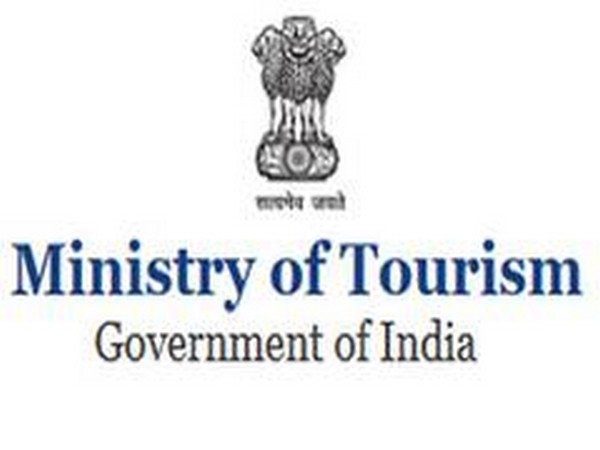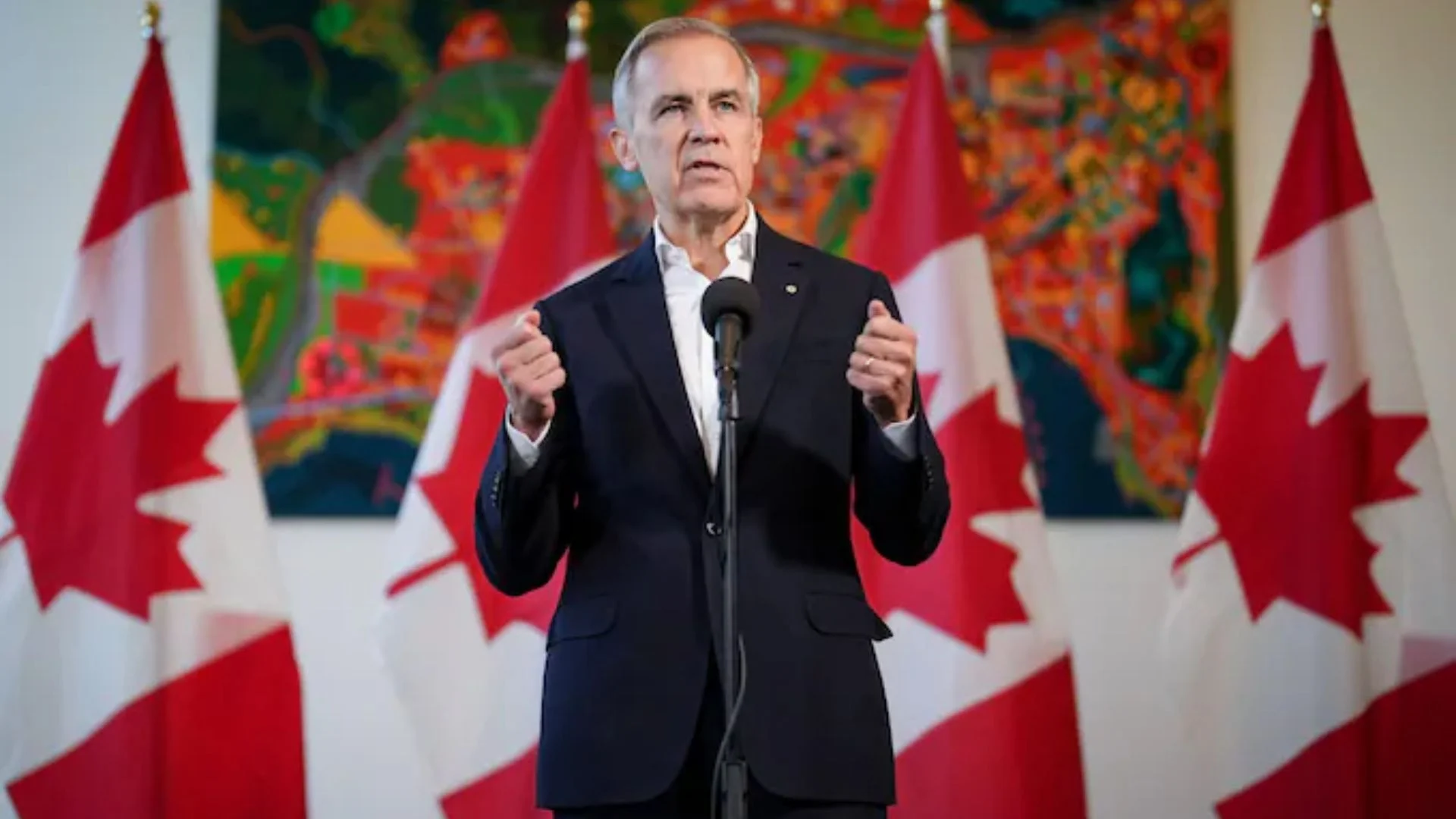In alignment with the National Strategy for Sustainable Tourism and with an objective to enhance engagement and participation of industry stakeholders in transition of Tourism sector towards sustainability pathway, the Ministry of Tourism, in partnership with the United Nations Environment Program (UNEP) and Responsible Tourism Society of India (RTSOI organised a ‘CEO round table on Sustainable Tourism’ today.
The round table aimed to enhance awareness of industry stakeholders on national and global priorities for sustainable tourism and share and promote best practices on sustainable tourism.
The round table followed and drew linkages with the following three important initiatives on sustainable Tourism, which was signed by participants, with an objective to accelerate sustainable consumption and production (SCP) in tourism policies and practices for addressing the triple planetary crisis and accelerate low carbon, climate resilient and green economic transformation of tourism sector:
Travel for LiFE Pledge
Responsible Traveller Campaign
Global Tourism Plastics Initiative
On the occasion Secretary, Ministry of Tourism Mr. Arvind Singh, said , ‘Everybody wants to mainstream sustainability in all aspects of life, including tourism and highlighted the fact that with G20 around the corner it is important to step up our commitment towards it. He also informed that there are four tourism track meetings slated to be held during G-20. Shri Arvind Singh added that it is the ideal time that India should take the leadership position in responsible tourism.
The round table saw participation from CEOs, senior-mid level representatives from the key industry groups, Ministry of Tourism, UN in India, UNEP, Responsible Tourism Society of India, and technical agencies/experts working on Sustainable Tourism. Tourism sector’s contribution to a growing economy and livelihoods for millions of people, is well recognised. It is an important driver for growth in economic activities and local livelihoods and an essential medium for showcasing natural and cultural heritage. Tourismwas also one of the hardest hit sectors during the global COVID19 pandemic and is constantly dealing with growing threats of climate change, degradation of ecosystems and biodiversity loss. The COVID19 pandemic has further highlighted the link between human health risk, biodiversity, and the economic system, underscoring the need to simultaneously boost resilience and sustainability of the tourism sector, in response to the triple planetary crisis of climate change, biodiversity loss, and pollution, to ensure prosperity for all. Prior to the Covid-19 pandemic, the sector accounted for over 10% of global GDP and 10% of jobs worldwide with international tourist arrivals predicted to rise from 1.1 billion in 2014 to 1.8 billion in 2030[1]. Due to this, in a ‘business-as-usual’ scenario, by 2050 tourism sector (globally) is set for an increase of 154% in energy consumption, 131% in greenhouse gas emissions, 152% in water consumption and 251% in solid waste disposal. Travel & Tourism sector is known to leave significant environmental and carbon footprints. Additionally, the growing plastics production and use, needs special attention of the tourism sector to ensure reduction of plastic and enhance circularity in its use.
In a post pandemic scenario, where tourism sector is gradually recovering from the effects of pandemic, there is an opportunity to accelerate transition of Tourism sector towards a more resilient, sustainable, and inclusive industry. Its revival and sustainability will be critical to ensure its continued contribution to livelihoods and economies. In summary, sustainability needs to now define development of the tourism sector in the 21st century.
On 4th June 2022, the Ministry of Tourism, in partnership with United Environment Program (UNEP) and Responsible Tourism Society of India (RTSOI) organized the National Summit on Developing Sustainable & Responsible Tourist Destinations and launched the National Strategy for Sustainable Tourism and Responsible Traveller Campaign.
The National Strategy for sustainable tourism aims to mainstream sustainability in Indian tourism sector and ensure a more resilient, inclusive, carbon neutral and resource efficient tourism while safeguarding natural and cultural resources.
Tourism Industry’s transition to sustainability pathways will require significant investment and innovation. Adopting low-emissions technologies, optimizing resource use, reduction in operation costs, and increase in efficiency would be essential for improving environmental performance and tackling climate change.

















